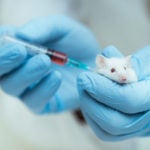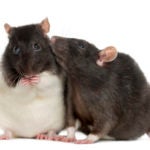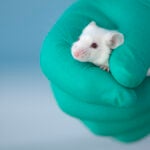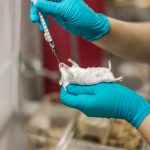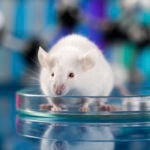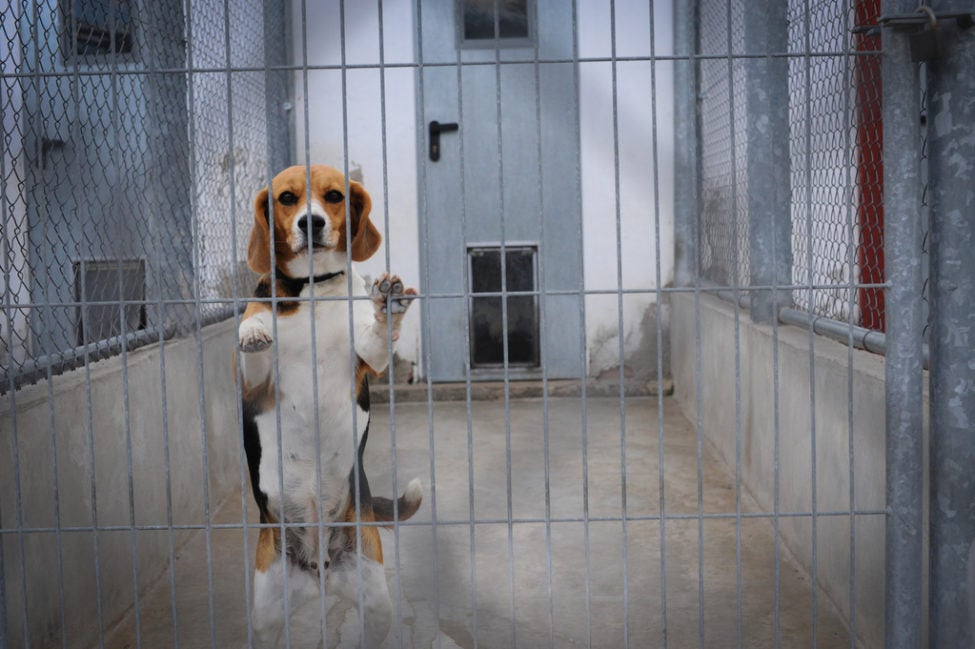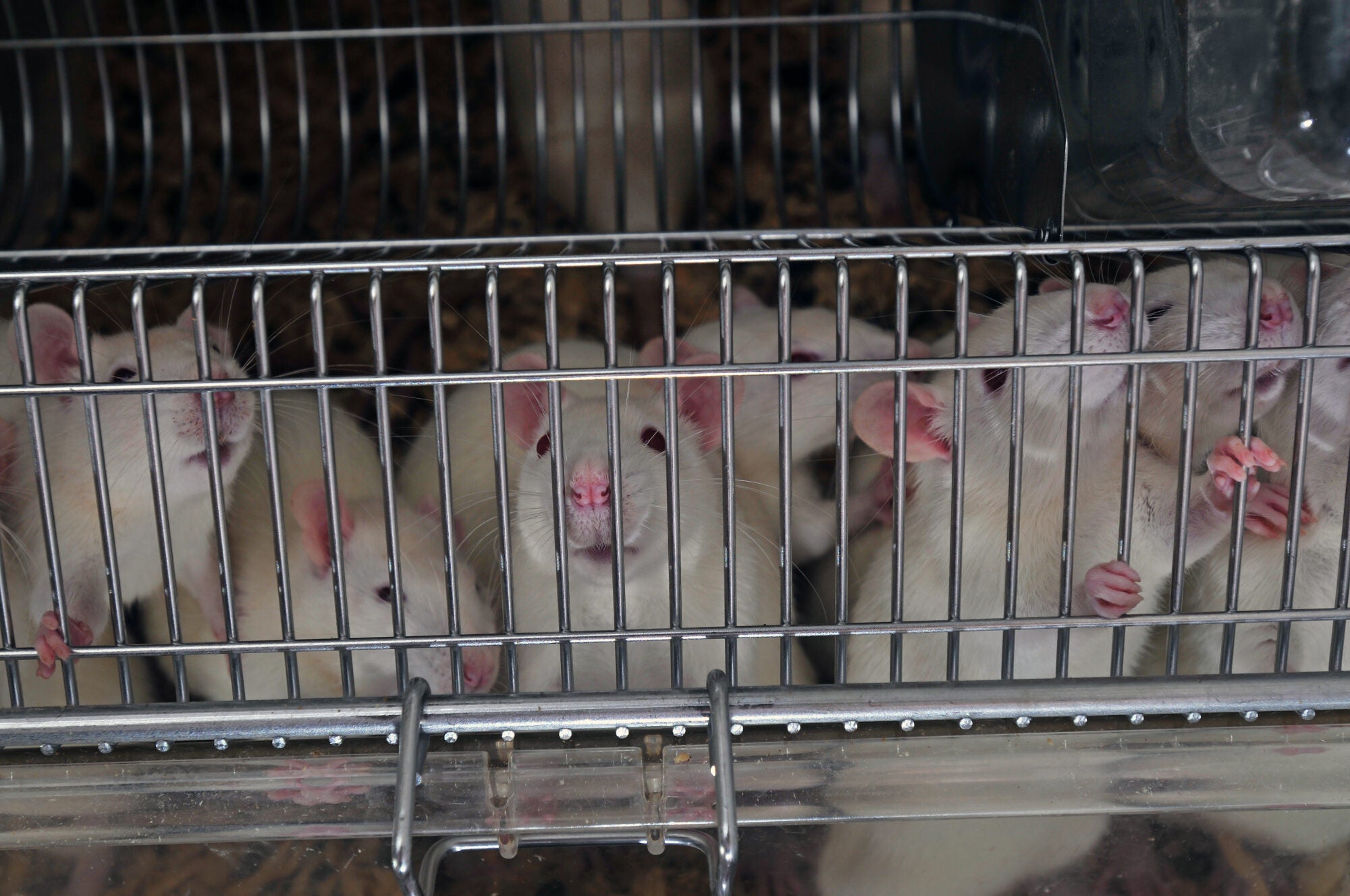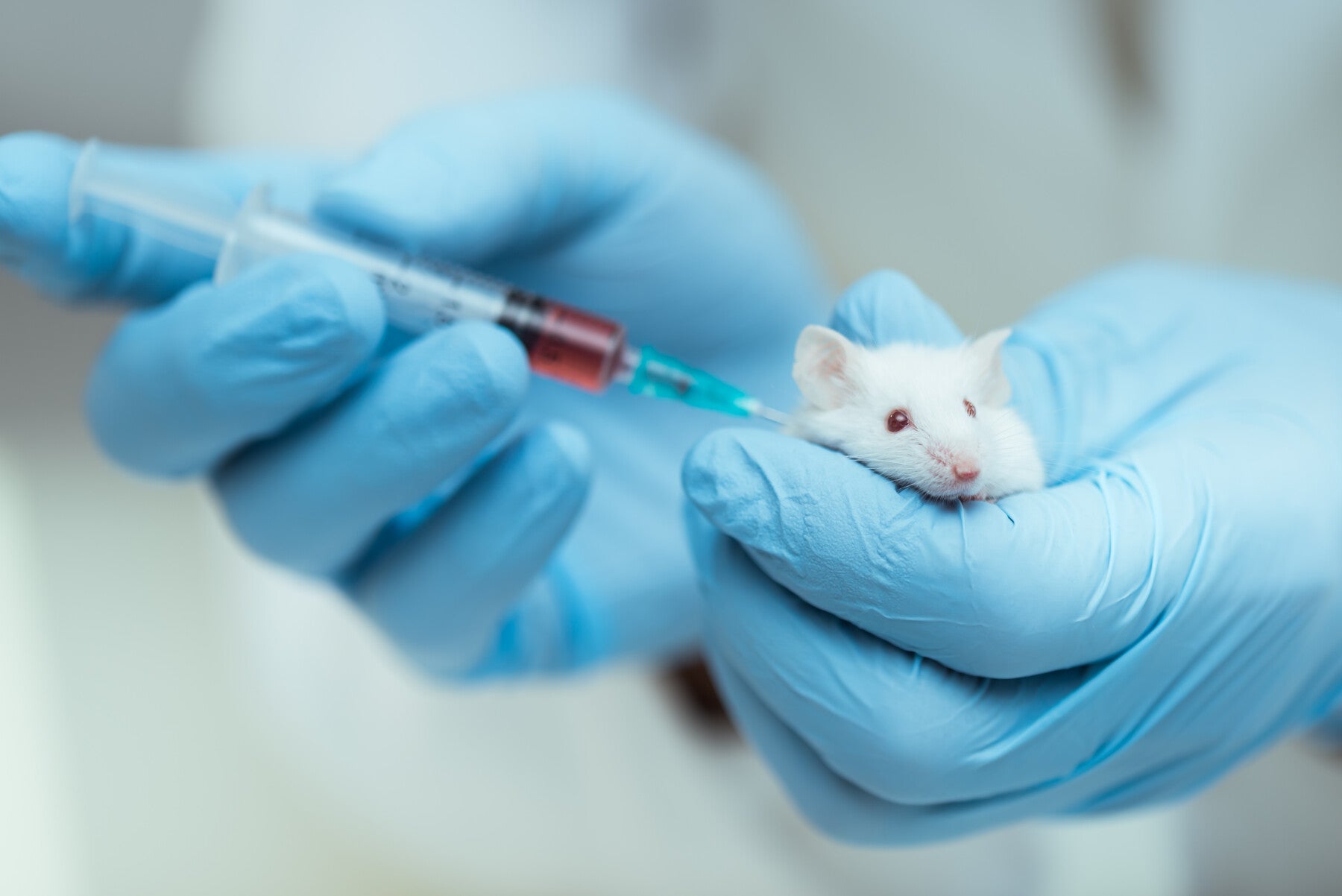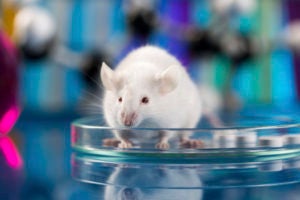
SEOUL—Proposed new legislation that would require Korean regulatory and research funding ministries to promote the development and implementation of non-animal alternatives in safety and biomedical sciences will be examined at a National Assembly expert forum on June 30. Assembly member In-soon Nam and Humane Society International/Korea will co-host the forum.
The legislative initiative follows the release of government statistics revealing a shocking spike in the number of animals subjected to painful chemical-poisoning and other experiments in 2019, including forced feeding, inhalation, eye and skin tests without pain relief to assess the toxicity of insecticides (+187%), industrial chemicals (+115%) and pharmaceuticals (+40%).
Assembly member Nam said: “I believe this is a timely subject for discussion. We are living in the 21st century now, so it is only appropriate to discuss a new legal framework that will advance the current science policy for human patients and laboratory animals. As a member of the Health and Welfare committee, I am pleased to support this initiative and invite other science stakeholders to join in the discussion.”
Borami Seo, HSI/Korea senior policy manager for research and toxicology, said: “The proposed legislation provides the legal ground for the government ministries to fund the development of advanced and scientifically superior human-mimetic tools for testing and disease research, or to accept the findings from these proven non-animal methods. Time and again we’ve found that the only way to get some ministries to change their behaviour is by changing the law. It’s been six decades since the concept of animal testing alternatives was introduced to the scientific community and yet animal use in Korean laboratories remains at an all-time high. Our systems of research funding and experimental regulation are in urgent need of reform.”
The forum, chaired by Prof Kyung-min Lim from EWHA Women’s University, will feature presentations from the Korea Legislation Research Institute, the Korea Center for the Validation of Alternative Methods and HSI/Korea. The panelists include officials from the Ministry of Food and Drug Safety, Ministry of Health and Welfare, Korea Institute of Toxicology president Chang-woo Song, Dana Green Bio CEO Ki-woo Kim, National Assembly legislative officer Jung-cheol Goh, Korean Society for Alternative to Animal Experiments vice president Gwang-man Kim, and People for Non-Human Rights lawyer Coochwa Suh.
Date: Tuesday, June 30, 2020
Time: 1400 KST
Place: National Assembly
Due to the COVID-19 outbreak, only pre-registered guests will be admitted to the Assembly building to join the forum.
Last year HSI organized Korea’s first cross-ministerial forum to explore legislation to boost government funding for human-specific, non-animal approaches for testing as an alternative to experiments on mice, rats, dogs and monkeys that too often fail to predict human disease outcomes in the real world. After this forum, the Ministry of Food and Drug Safety carried out a review of the proposed legislation, which led to a series of stakeholder meetings and a revised legislative proposal.
Leading companies and academic research groups across the globe are harnessing the power of non-animal human-relevant models to study and develop treatments for diseases ranging from cancer to COVID-19:
- Novel animal-free test methods for the development of COVID-19 drugs and vaccines (Archives of Toxicology, May 2020)
- Reproducing human and cross-species drug toxicities using a liver-chip (Science Translational Medicine, November 2019)
- Human tissue models in cancer research: looking beyond the mouse (Disease Models & Mechanisms, August 2017)
END
Media contact: Borami Seo, bseo@hsi.org
Humane Society International and its partner organisations together constitute one of the world’s largest animal protection organisations. For more than 25 years, HSI has been working for the protection of all animals through the use of science, advocacy, education and hands on programs. Celebrating animals and confronting cruelty worldwide – on the Web at hsi.org and biomed21.org.

